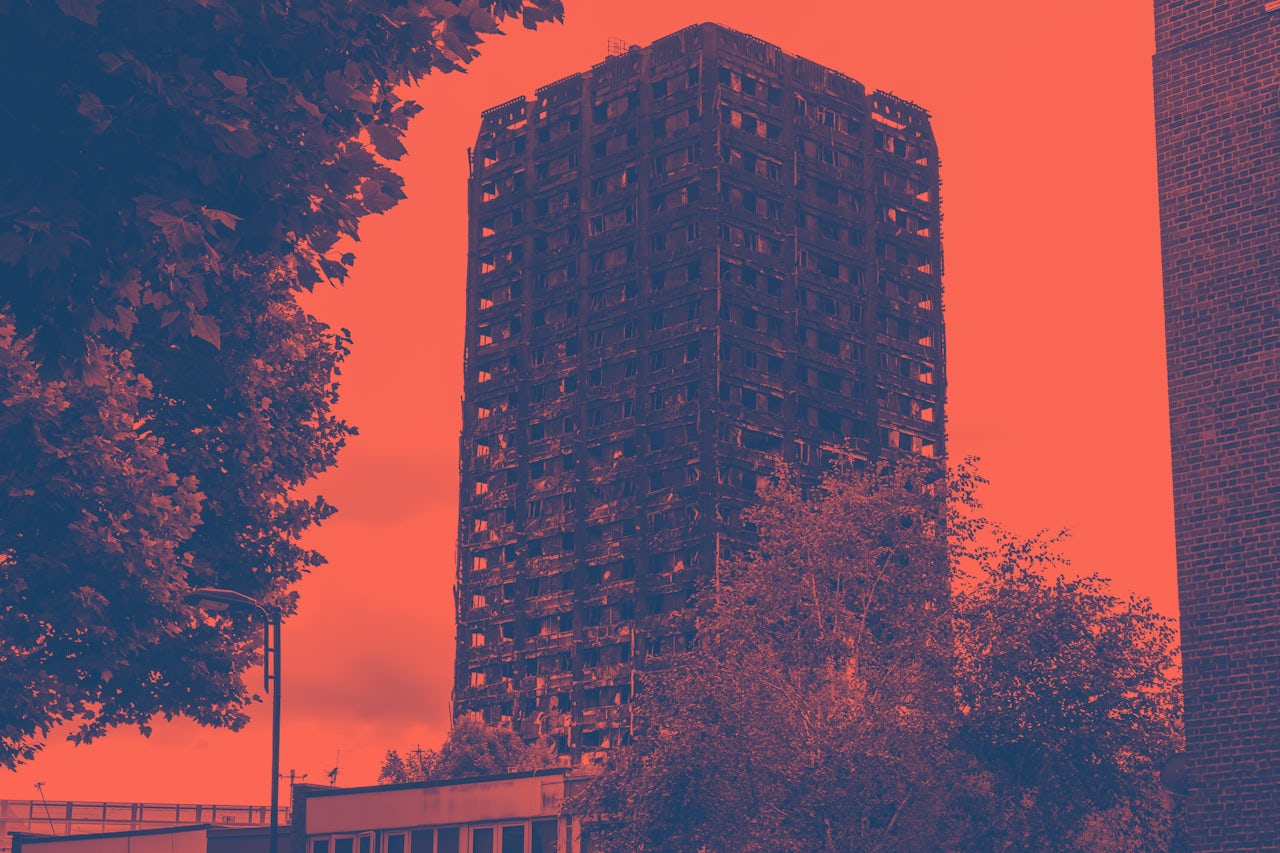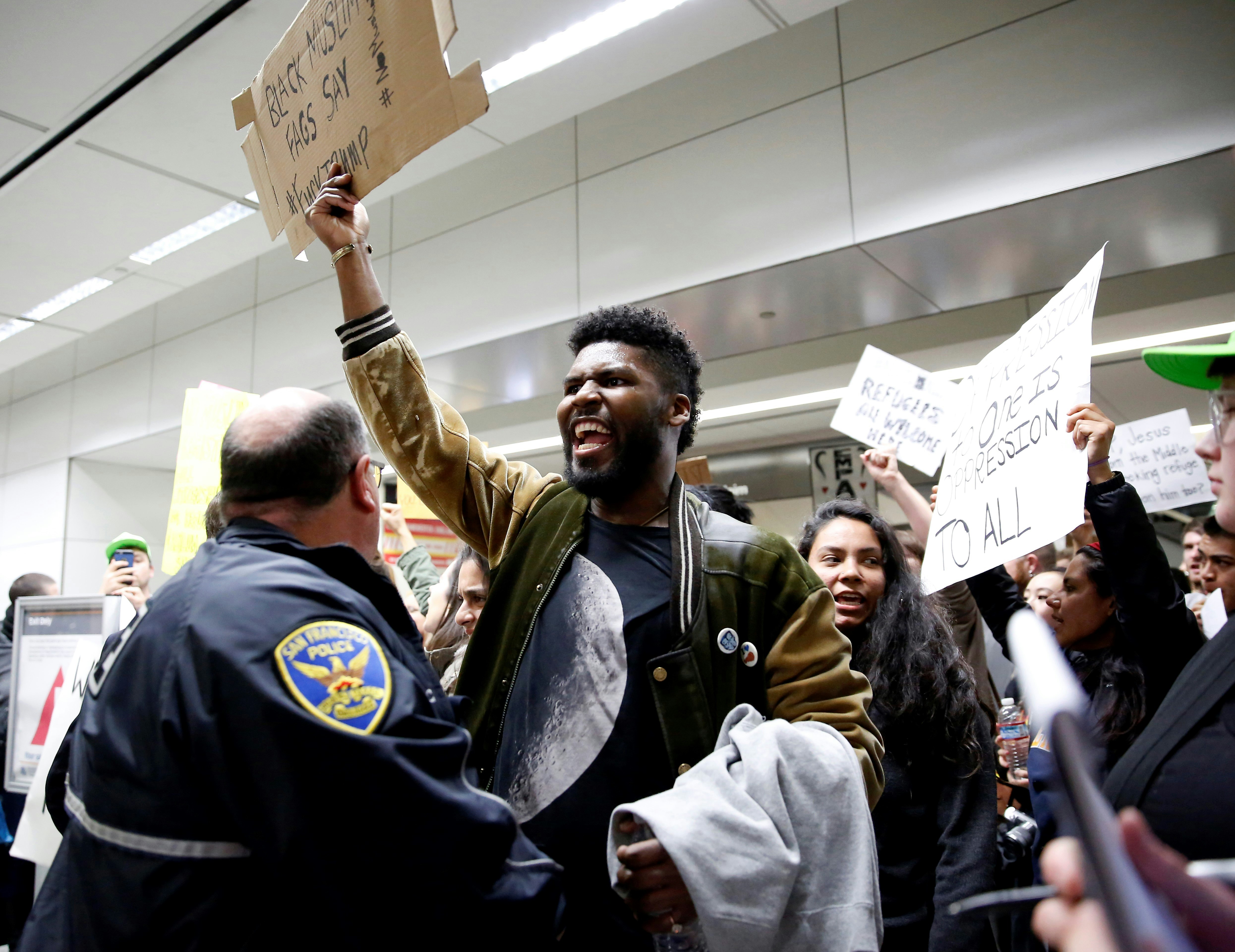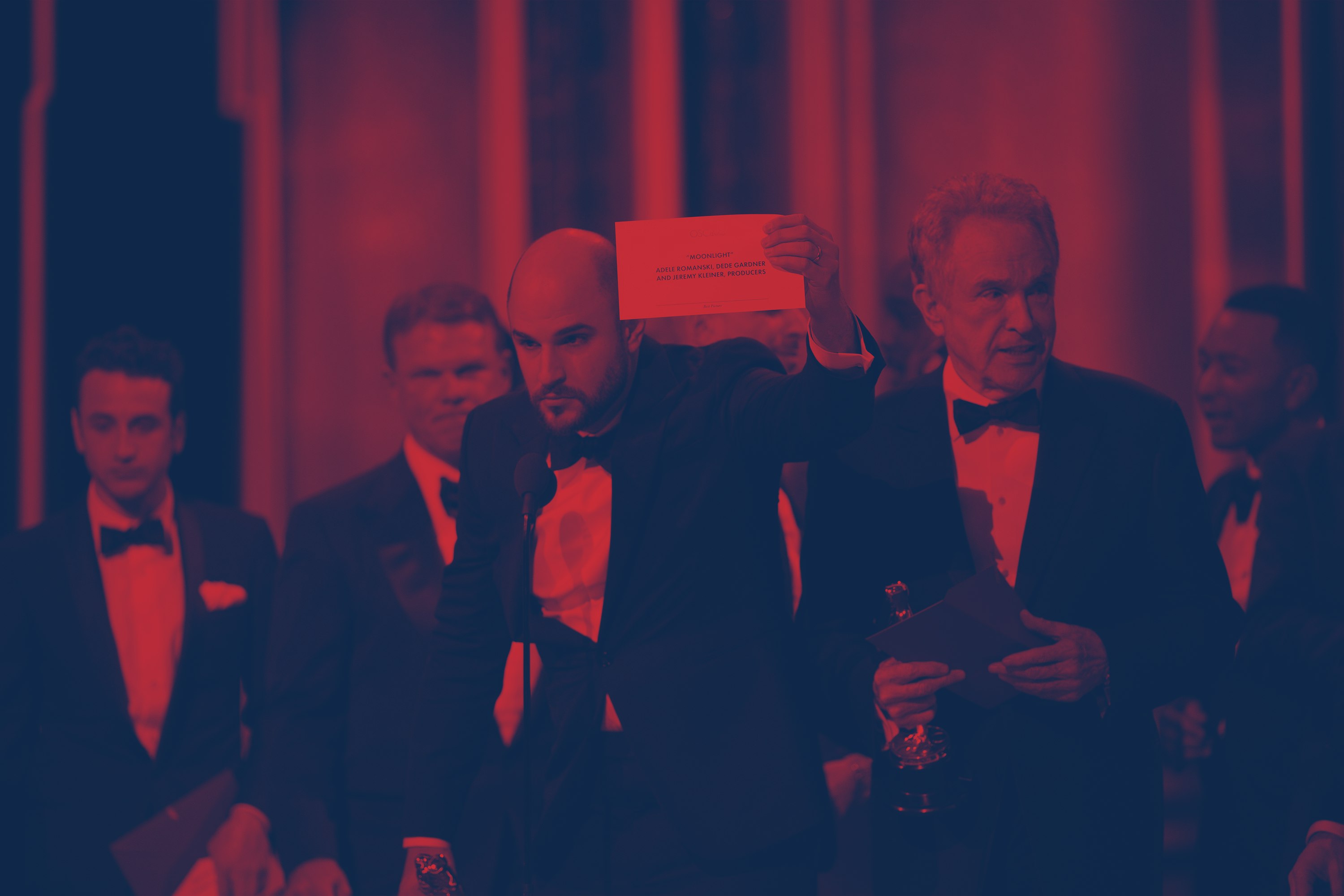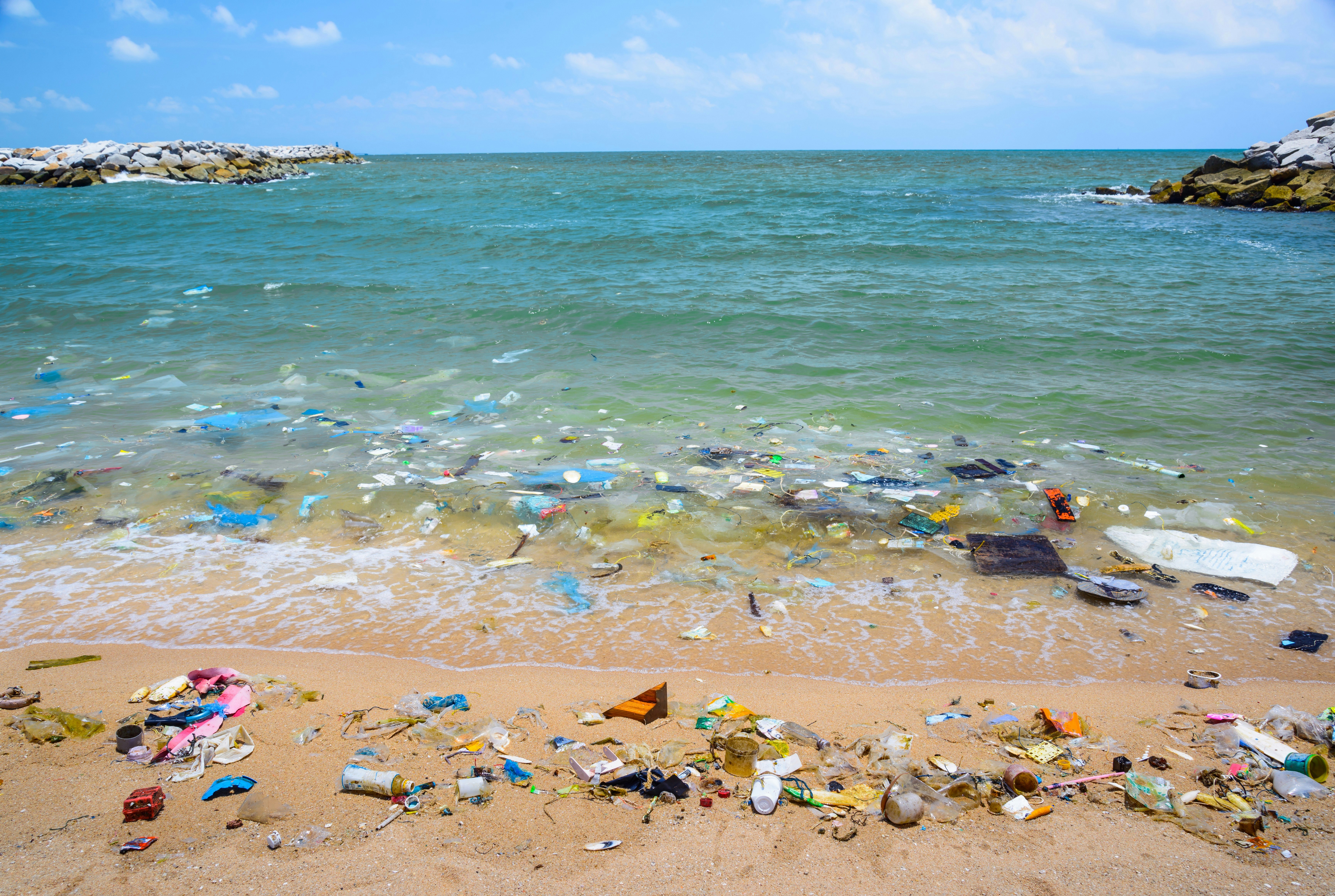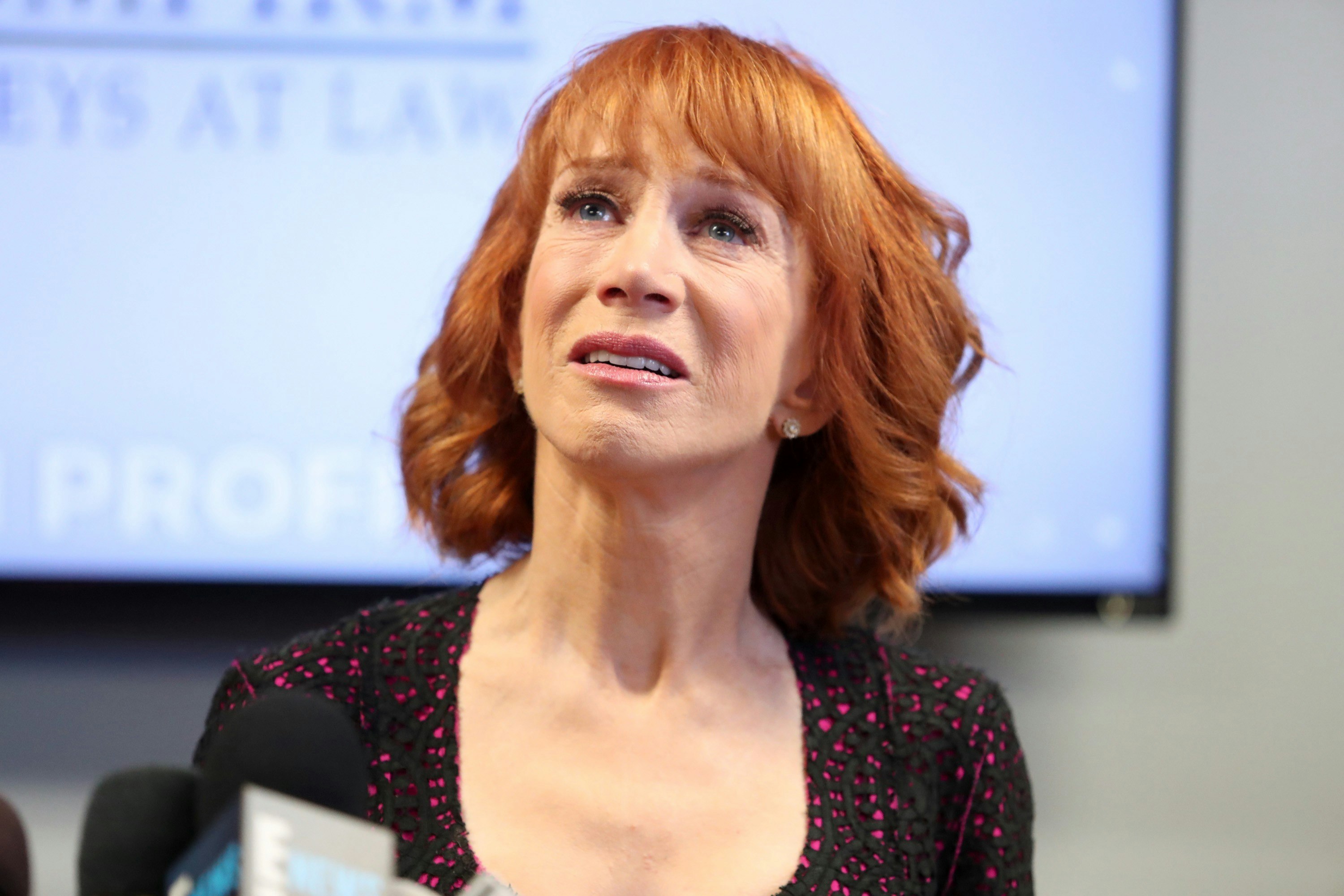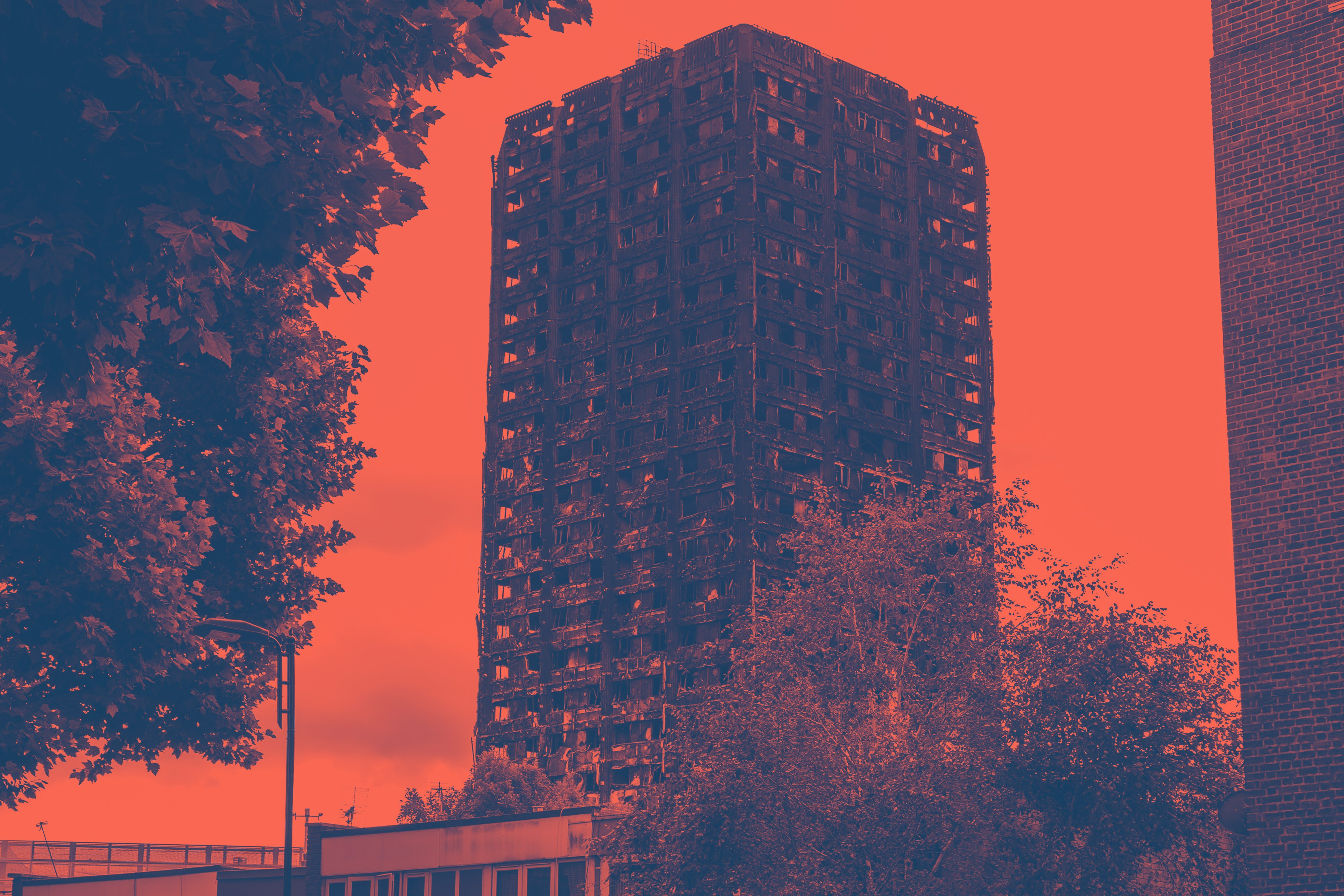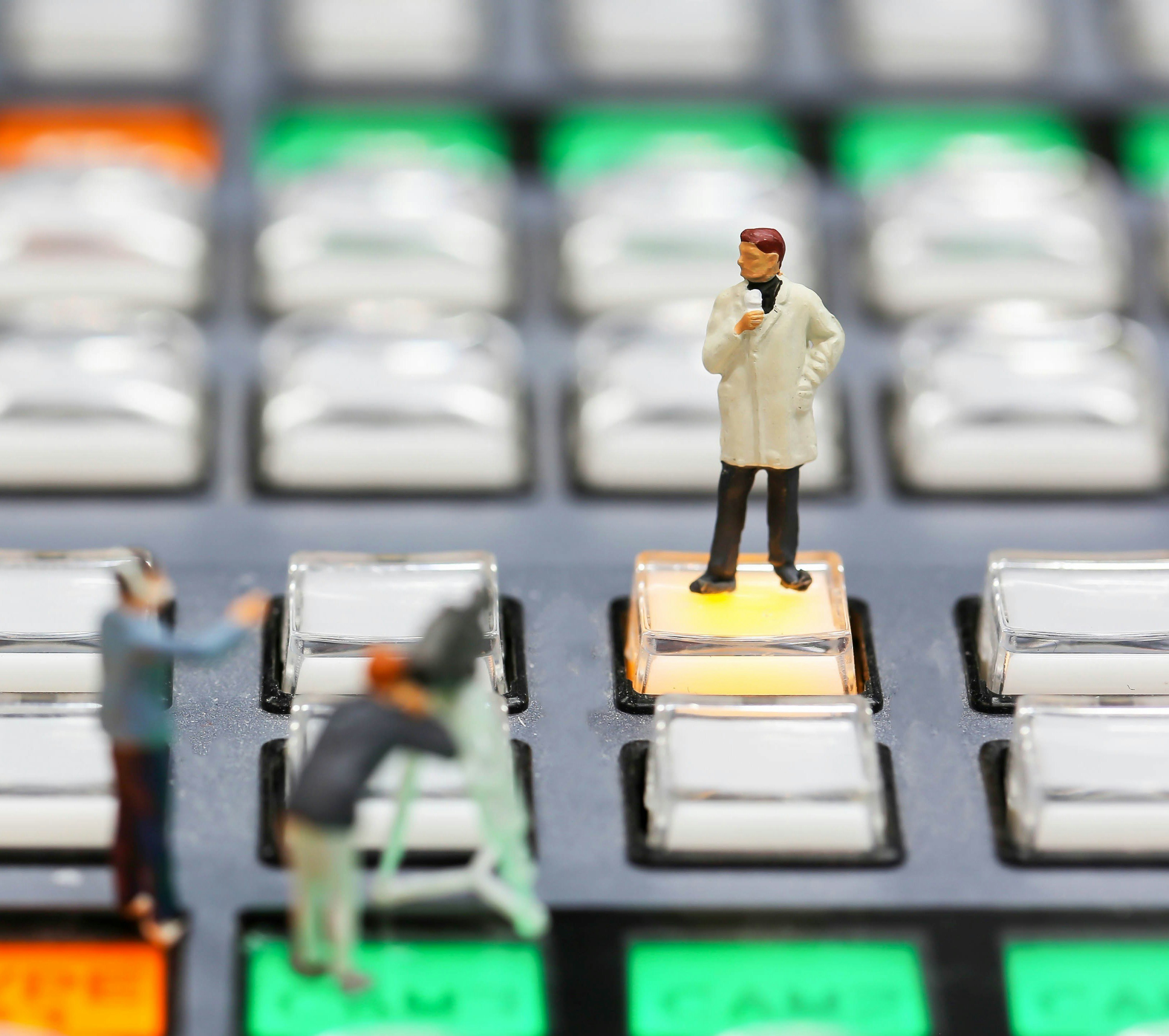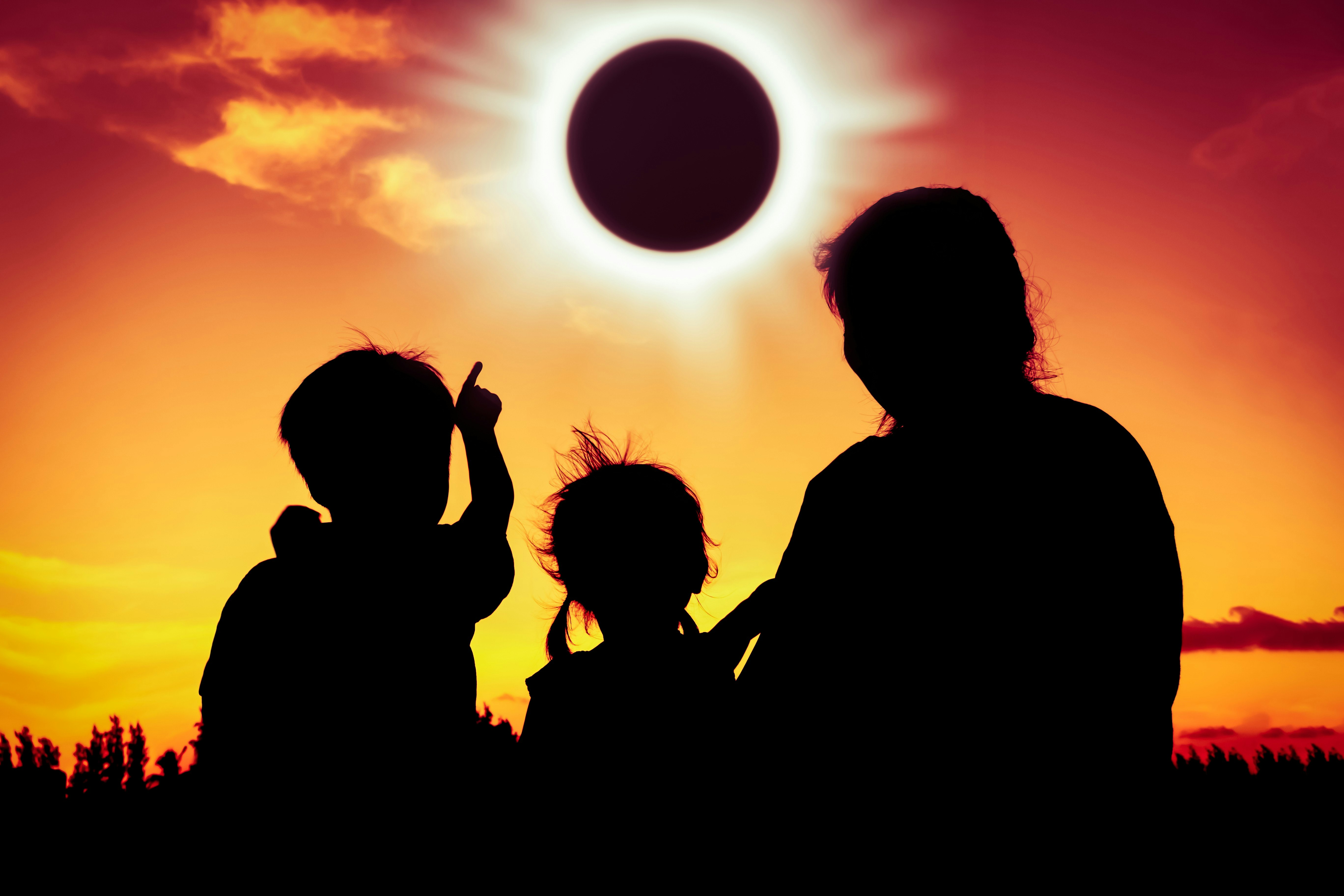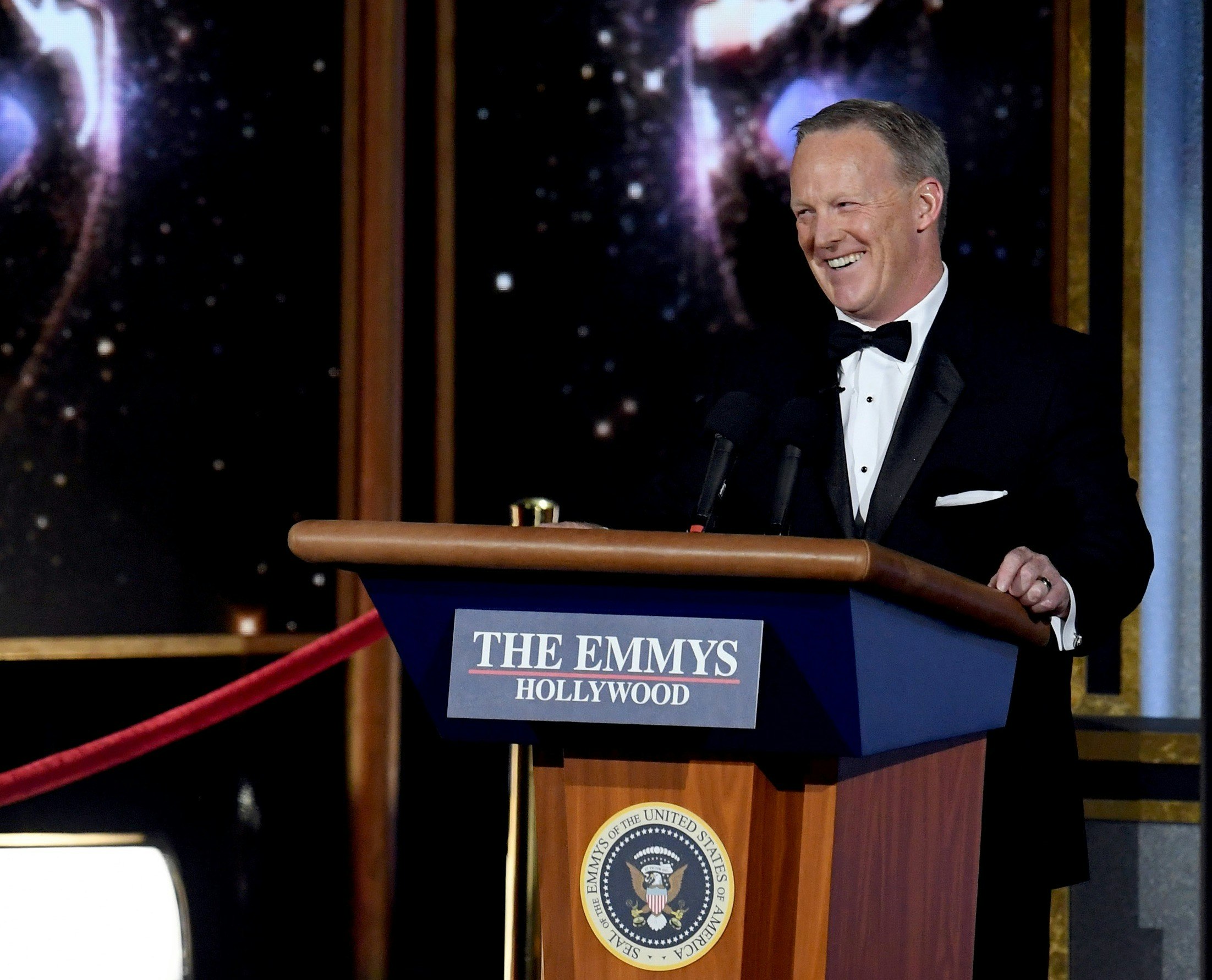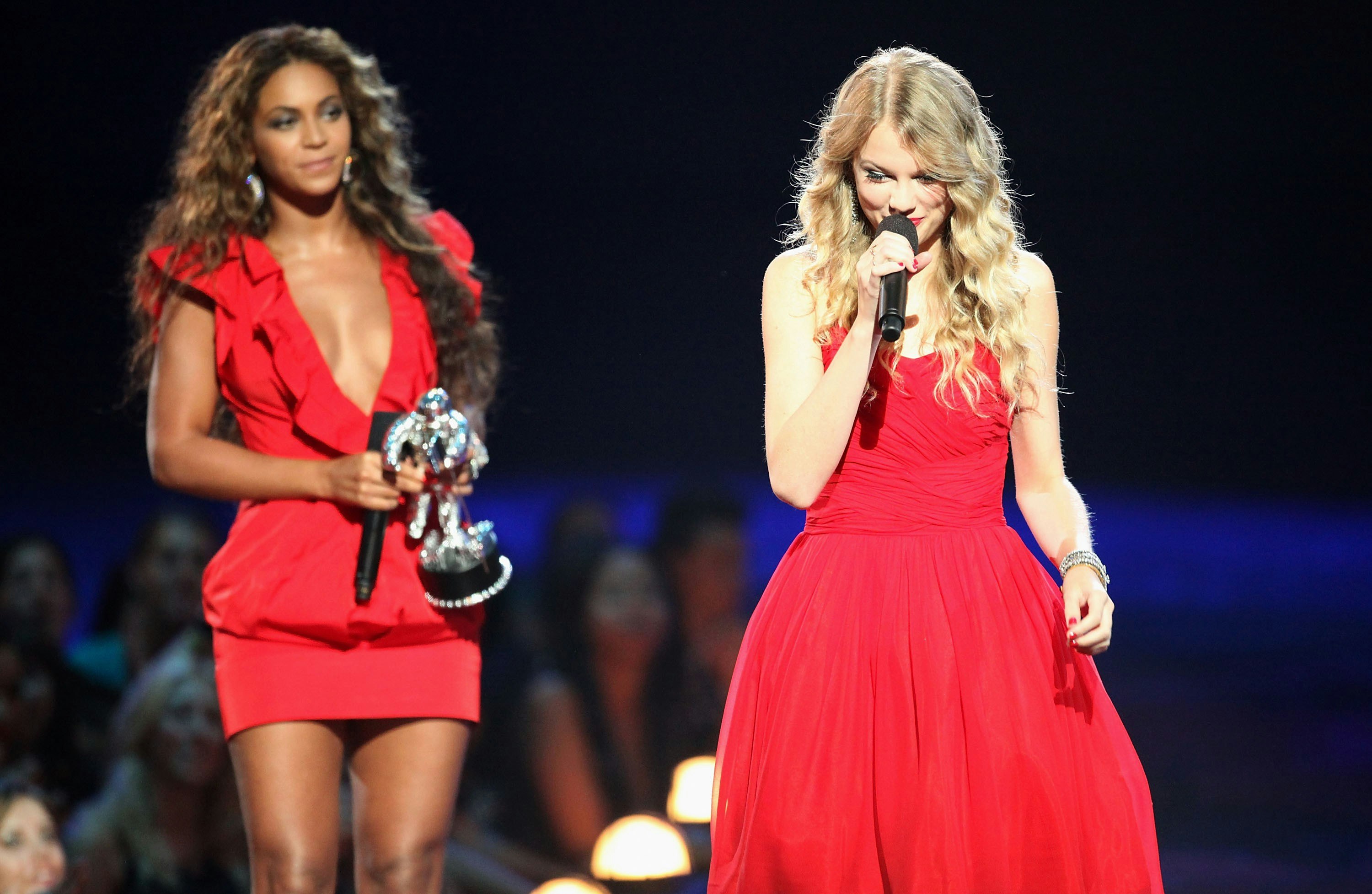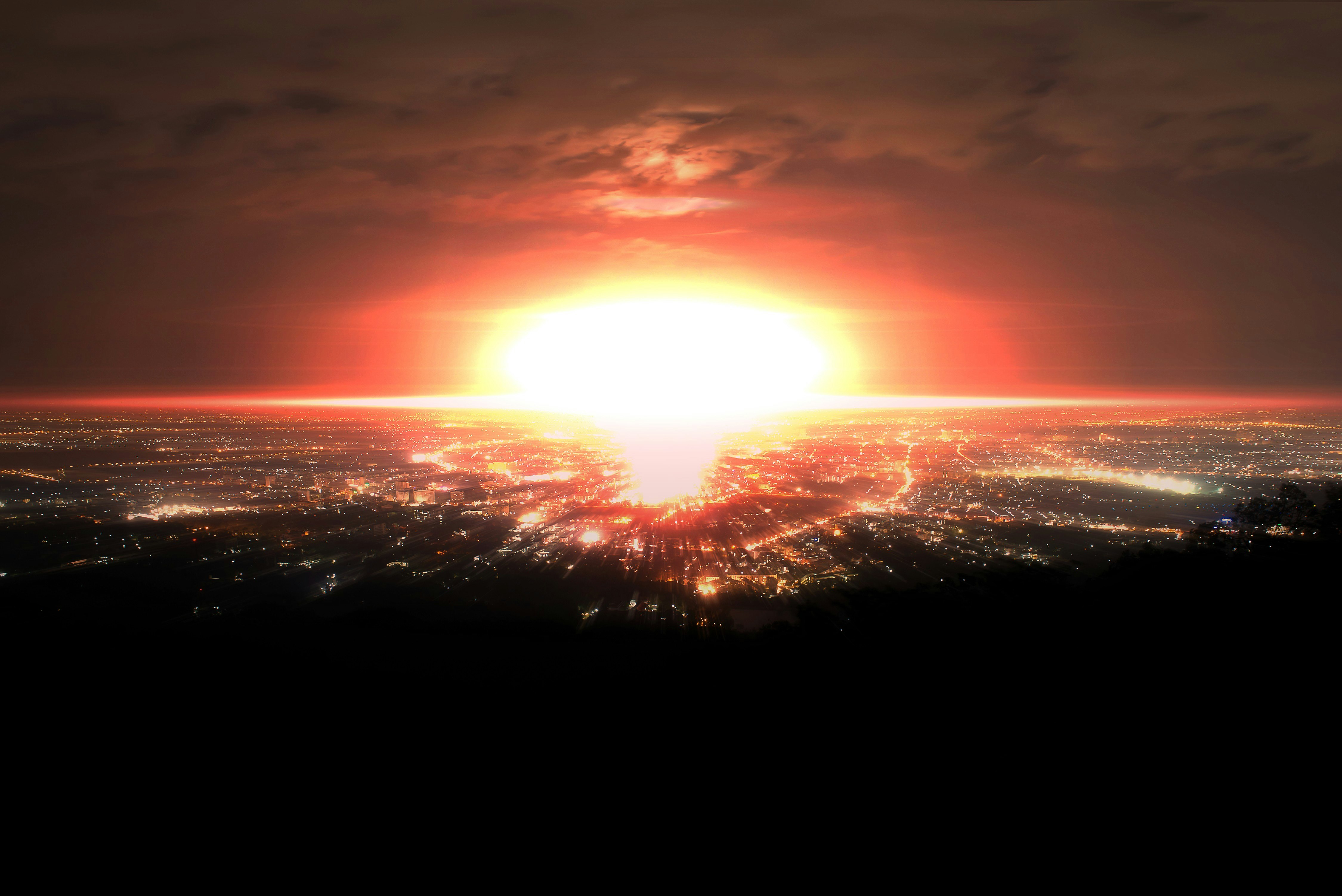IT HAPPENED
is a series reflecting on our memories of 2017, one month at a time, as we head into the new year.
On June 14, a fire engulfed a 24-story tower block in one of London’s most affluent neighbourhoods. The inferno in Grenfell Tower, on the Lancaster West social housing estate in the Royal Borough of Kensington and Chelsea, left 71 people dead. Many of the hundreds of displaced families will spend their Christmases in hotels and temporary accommodation this year. As the year draws to a close, the building's blackened carcass is still standing, looming over the city. It will be razed next year but until then it's being covered up in white protective wrapping, like a perverse monument.
I don’t live near Grenfell Tower, in the sense that I can’t physically see the tower from my house, but like many Londoners, it’s seared into my mind. When I think what a bad year it's been for Britain, and for London, it’s the image of the fire that I keep coming back to. It’s as though all the scabs of this year — numerous terrorist attacks, Brexit fallout, the housing crisis — have been forming next to one another, and Grenfell connected them all together in one oozing, seeping mange. Grenfell was the tipping point — a flashpoint reminder of a rotten year.
There were so many narratives about the fire that emerged in its wake. Critics and wonks picked at what happened, furiously searching for answers. They were fueled by outrage and focused on fault and blame. The inquest into the cause of the fire isn’t yet over, but in the court of public opinion, it’s already been decided that the fire could have been prevented — and that more conveniently, it was the ideal metaphor for everything that’s broken in Britain.
As I read these responses, which varied from the thoughtfully observed to the downright ignorant, I thought that Grenfell was perhaps a collective trauma. This is a lofty idea rooted in Emile Durkheim’s theories of social structures and developed by contemporary sociologists. When a community, group or entire society experiences a devastating event, it leaves a mark that runs to the very core of their cultural identity. Immediately, that seemed like a woefully inadequate response, because what good is it to think of Grenfell as a cultural trauma? What comfort can that bring to those affected — be that directly or indirectly?
It can feel callous to talk of a tragedy in metaphorical terms, but there’s value in putting a name to this crisis, because it gives us a starting point to rebuild. It gives us new words and ways of beginning to grapple with its effects and lasting impact, especially when we’re dealing not just with the grief and trauma of a group of people, but also its social and cultural implications. If to no other end, understanding Grenfell in these terms is crucial to the healing process.
As I started thinking about what healing on a deeper level meant, I kept returning to this idea of cruelty. London, like any other sprawling metropolis, is a hard place to live, and the incline of that hardship is directly proportional to how much money you have and where you come from. As Jo Fuertes-Knight put it, “London is a struggle if you’re broke. London, if you’re a broke immigrant, however, is unfathomably cruel.”
Grenfell happened a month after I’d moved back to London after living abroad for a few years. During that time away, I still held London as my home, in that way that people who move away are wont to do. Returning came with the inevitable jolt to the system; I’d naively imagined everything would be as I’d left it, the memory of which was wrapped in the fuzzy blanket of nostalgia.
I came back to a post-Brexit Britain where outrage had become the local currency and resignation the undercurrent to public discourse. Debates raged about who is really British and who isn’t, and then came this horrid, ugly incident where everybody failed to look after the people who really needed it. Less than a week before Grenfell, Prime Minister Theresa May lost the Conservative party majority in a disastrous snap election. All throughout her limp campaign, she trotted out her meaningless slogan of “strong and stable,” even though nothing in Britain has been neither strong nor stable for a long time now. The country is in the throes of a housing crisis, with homeownership slipping further out of reach for the average family. Living standards on the whole are sliding as inflation continues to outpace wages, despite unemployment being at its lowest rate since the 1970s. I myself was laid off this year, after the media company I worked off pivoted to video and cut its staff by 2%, leaving me jobless overnight.
When it came to Grenfell, donating to charity or writing to local representatives about my indignation didn’t feel like it would cut it anymore. This wasn’t another Bad Thing that happens that you can cut a check for and move on. It’s not enough to wrap up the tower in a white sheet and prepare it for burial. The true damage will not disappear when the tower does, nor will it disappear when the families are all finally re-homed, or the inquest is complete. These are urgent remedies that must be taken, but not cures for this chronic ailment that’s blighted Britain of late.
The terrorist attacks were specific acts of evil, and ultimately someone's choice, whereas Grenfell’s tragedy operated on a different, more banal level. There was something intentional and inevitable about it, something that goes beyond local authority oversight and human error. There was nothing accidental here. It was the sum of the microaggressions perpetrated daily, and the collateral of an economic policy that punishes society’s most vulnerable.
Considering how out of whack everything feels right now, the cosmic disconnect we’re all experiencing, it seems pathetic to make a resolution as benign as “be kind”. That feels like the worst brand of self-care and faux-altruism. Kindness is too passive at this point, too reactionary. A better antidote might be compassion — a more active form of kindness that comes from a similar place of caring, and seeks to understand as much as it does offer help or support. But that’s still not it, because when it comes down to it, the memory of Grenfell is everyone’s to bear, and nobody will be able to let it go — the textbook definition of a collective trauma. There’s no willing away trauma. You have no choice but to sit with it, and that reality is the cruelest of all.
